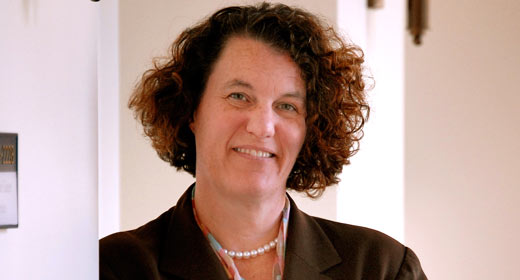
In an August 6 article in “The Upshot,” The New York Times' curated blog on politics, policy, and economics, Susan Dynarski describes the perils of mistaking correlation for causation.
In the article, Dynarski critiques a recent paper by Esther M. Friedman and Robert D. Mare, "The Schooling of Offspring of Parents," published in the August edition of Demography. The article shows a relationship between longevity in parents and the levels of education of their children, and argues that better-educated offspring cause longer life in their parents.
Dynarski writes that while the authors of the paper show a correlation between parental longevity and children' s education, they jump to conclusions when they ascribe causation. While their theory--that educated, adult offspring encourage their parents to stay healthy--is plausible, Dynarski writes that their study does not control for the opposite relationship: that healthy parents can provide better educational opportunities for their children, or for any unknown variables.
A test based on a "natural experiment," Dynarski argues, would be more reliable. She gives the example of discrepancies in state kindergarten cut-off dates, which create predictable differences in children's education levels from state to state. "Use exactly this approach to look at the effect of children’s education on parents’ longevity, and you’ll get a convincing answer to the very interesting question 'Does a child’s education affect his parents’ longevity?'" Dynarski writes.
Susan Dynarski is a professor of public policy at the Gerald R. Ford School of Public Policy, and a professor of education at the University of Michigan's School of Education. She is co-founder of the Education Policy Initiative, which engages in applied, policy-relevant education research designed to improve overall educational achievement and outcomes.